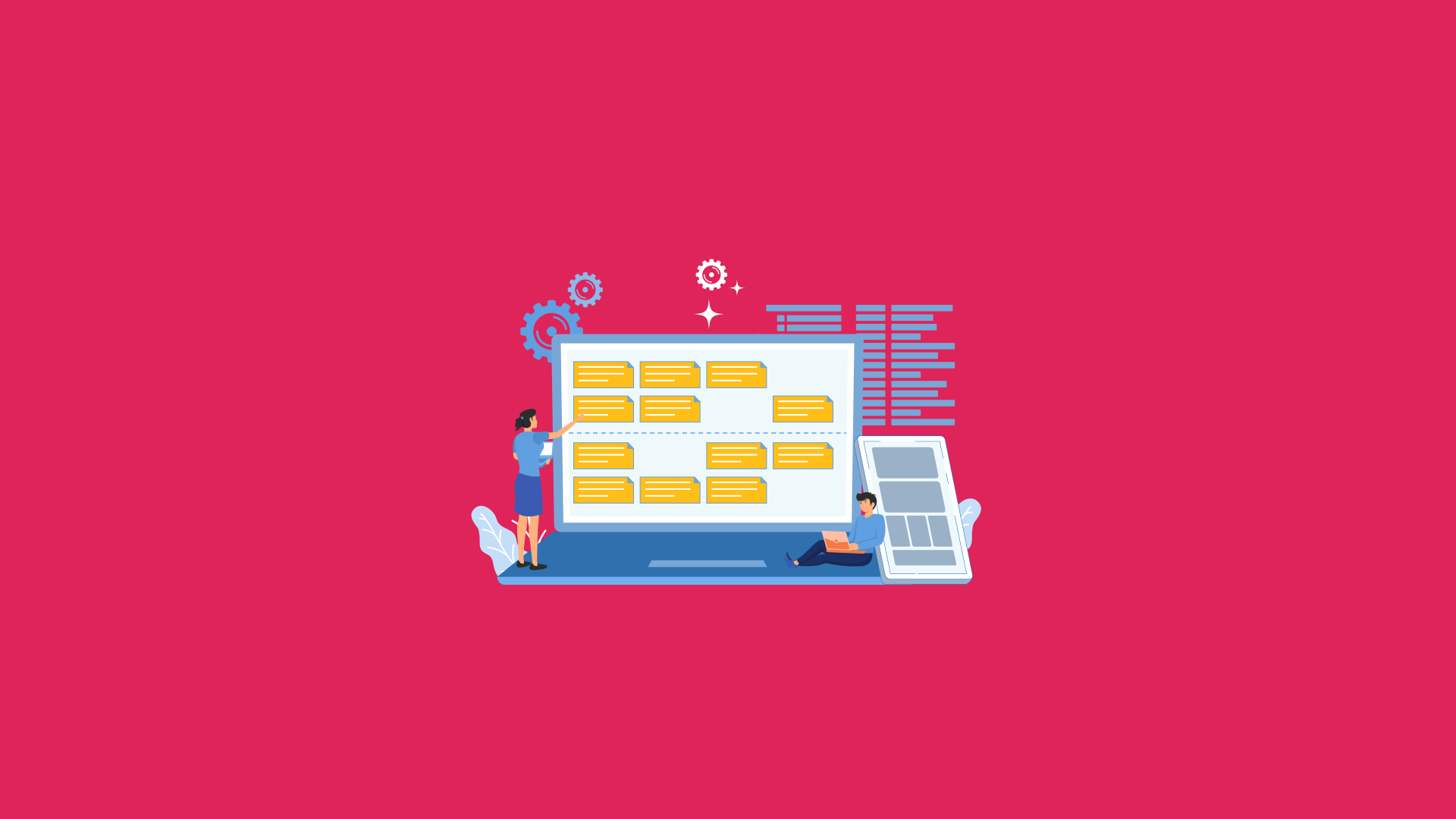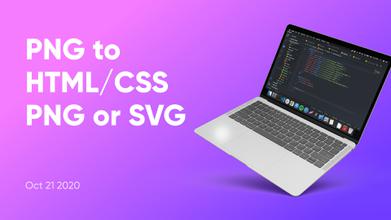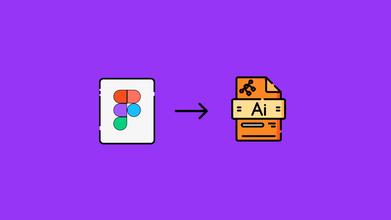5 Projects To Practice HTML/CSS Skills: Beginners Guide
May 01, 2023 14121 seen
Why Do You Need To Practice HTML Skills?
HTML and CSS are two primary web development languages essential for building web pages and creating a visual design for them. While learning these languages, practicing and applying the concepts learned is vital to reinforce understanding and improve skills.
Practicing HTML skills is crucial for anyone who wants to become a web developer or create a website. Here are a few reasons why practicing HTML skills is essential:
-
Reinforce understanding: HTML is the foundation of web development, and it is essential to understand how it works to create websites. Practicing HTML skills will reinforce your understanding of the language's structure and syntax.
-
Develop problem-solving skills: When practicing HTML skills, you will encounter problems and errors that must be fixed. Solving these issues will develop problem-solving skills, which are essential in any field.
-
Improve coding speed: The more you practice HTML, the faster you will become at coding. This will save you time creating websites and allow you to focus on more complex tasks.
-
Create responsive designs: Practicing HTML skills will help you create responsive designs that adapt to different screen sizes. This is essential in today's mobile-first world, where more people browse the internet on mobile devices.
-
Enhance creativity: HTML provides a framework for designing and creating web pages, but it's up to you to bring your creative vision to life. By practicing HTML skills, you will develop your creativity and be able to create unique and visually appealing web pages.
Here are five beginner-level projects that will help you practice your HTML and CSS skills:
Personal Website
A personal website is an excellent project for learning HTML and CSS. You can create a simple website introducing yourself, your hobbies, education, and work experience. You can use HTML to create the site's structure and CSS to style it. You can add a navigation bar, a header, and a footer to make it look more professional. You can also practice creating a responsive design that adjusts to different screen sizes.
Recipe Page
Creating a recipe page is another excellent project for beginners to practice HTML and CSS skills. You can create a page with a list of ingredients and step-by-step instructions for a recipe. You can use HTML to structure the page and CSS to style it. You can also practice using images and videos to enhance the page's visual appeal. You can add a print-friendly button to make it easy for users to print the recipe.
Landing Page
Creating a landing page is a great way to practice designing a page focused on a specific goal, such as selling a product or getting people to sign up for a service. You can use HTML to create the page's structure and CSS to style it. Add a call-to-action button, testimonials, and other elements to make the page more compelling. You can also practice creating a responsive design that works well on different screen sizes.
Portfolio Website
A portfolio website is a great project to showcase your work and skills. You can create a website with your resume, work samples, and client testimonials. You can use HTML to create the site's structure and CSS to style it. You can also practice creating a responsive design that adjusts to different screen sizes. You can add a contact form to make it easy for potential clients to contact you.
E-commerce Website
Creating an e-commerce website is a more advanced project to help you practice HTML and CSS skills. You can create a website that sells products or services. You can use HTML to create the site's structure and CSS to style it. You can also practice creating a responsive design that works well on different screen sizes. You can add a shopping cart, checkout process, and payment gateway to make it a fully functional e-commerce site.
I've been practicing HTML and CSS lately, and it's been enriching. I've created some awesome web pages and learned a lot about how websites are built. Seeing my code come to life on the screen is satisfying. The five projects I mentioned above are excellent examples of projects that will help beginners improve their skills in HTML and CSS. These projects can be customized and expanded to fit the learner's needs, and the more practice and effort they put in, the more they will be able to master web development skills.


